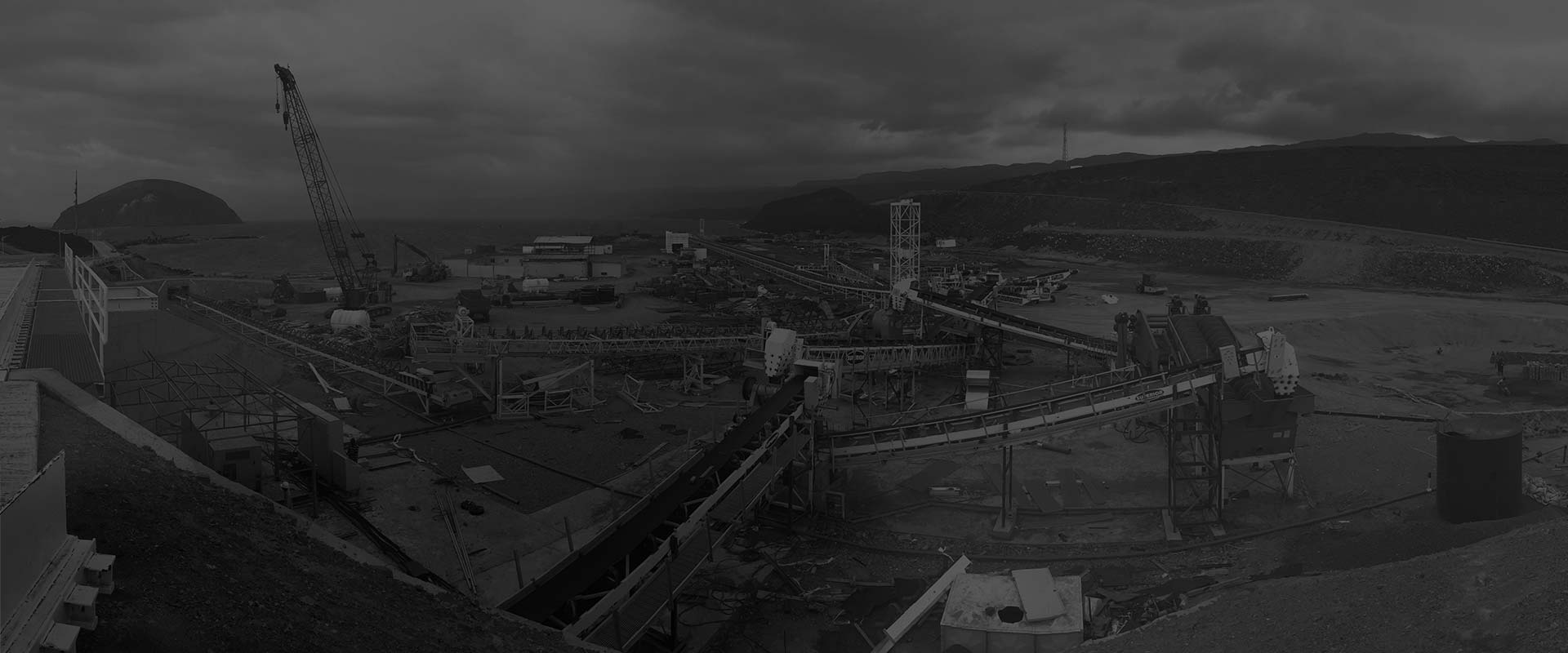0086-379-64087240
1. What is a tube mill machine?
A tube mill machine is a type of equipment used in the manufacturing industry to produce tubes or pipes. It operates by forming a continuous strip of metal into a cylindrical shape and then welding the edges together to create a seamless tube.
2. How does a tube mill machine work?
A tube mill machine typically consists of several components, including a coil holder, strip accumulator, forming section, welding section, sizing section, cutoff unit, and a control panel. The machine starts by uncoiling a coil of metal strip and feeding it into the forming section. The strip is gradually bent into a cylindrical shape using a series of rollers. Then, in the welding section, the edges of the strip are heated and fused together using a high-frequency or induction welding process. After welding, the tube passes through the sizing section to achieve the desired diameter and wall thickness. Finally, the cutoff unit trims the tube to the desired length.
3. What materials can be processed with a tube mill machine?
Tube mill machines are versatile and can process a wide range of materials, including carbon steel, stainless steel, aluminum, copper, brass, and various alloys. The specific material suitability depends on the type and configuration of the tube mill machine.
4. What are the advantages of using a tube mill machine?
Using a ball tube mill offers several advantages. Firstly, it allows for the production of seamless tubes with a high degree of precision and consistency. Additionally, tube mill machines have a high production speed, providing a cost-effective solution for large-scale tube manufacturing. They also offer flexibility in terms of tube dimensions and can produce tubes of various shapes, sizes, and wall thicknesses.
5. Are there different types of tube mill machines?
Yes, there are different types of tube mill machines available to suit different production requirements. Common types include ERW (Electric Resistance Welding) tube mills, HF (High-Frequency) tube mills, and TIG (Tungsten Inert Gas) tube mills. Each type utilizes a different welding method and may have variations in design and capabilities.
6. What industries utilize tube mill machines?
Tube mill machines find applications in various industries, such as construction, automotive, oil and gas, HVAC (heating, ventilation, and air conditioning), furniture, and many more. Tubes produced by these machines are utilized for structural purposes, conveyance of fluids or gases, heat exchangers, and other applications that require cylindrical tubing.
7. What quality control measures are implemented in tube mill machine operations?
Quality control is essential in tube mill machine operations to ensure the production of tubes that meet industry and customer specifications. Common quality control measures include monitoring the welding process for tight bonding, inspecting the dimensions and tolerances of the finished tubes, conducting non-destructive testing, performing material analysis, and conducting visual inspections for surface defects.
8. How does automation impact tube mill machine operations?
Automation plays a crucial role in modern tube mill machine operations. Automated systems can control the entire process, including coil handling, strip feeding, forming, welding, sizing, cutoff, and quality control. Automation improves efficiency, reduces labor requirements, enhances precision, and allows for seamless integration into larger production lines.
9. How does tube mill machine maintenance work?
Regular maintenance is vital to ensure the optimal performance and longevity of a tube mill machine. Maintenance tasks may include inspecting and replacing worn-out components, lubricating moving parts, checking and adjusting alignment, calibrating sensors and controls, and performing routine cleaning. Adhering to a maintenance schedule helps prevent breakdowns and reduces downtime.
10. Are there any safety considerations when operating a tube mill machine?
Yes, safety is a crucial aspect of tube mill machine operations. Operators should receive proper training on machine operation, including safety procedures and protocols. Safety measures may include machine guarding, using personal protective equipment, implementing lockout/tagout procedures, and ensuring compliance with safety regulations and standards. Regular safety inspections and risk assessments are also important to identify and address potential hazards within the machine and production environment.
References
Tube mill machine working principle
Tube mill machine working process
